The art of self-love and why it's so hard to embrace

When I first heard about self-love, I couldn't help but chuckle. It seemed like a punchline in a joke. After all, aren't we taught to prioritize others above ourselves from a young age?
Be selfless, not selfish... that's the narrative I grew up with, especially as a woman.
Reflecting on my upbringing, I realized that the women in my life, though remarkable in so many ways, rarely exemplified self-love. They epitomized giving, always putting others' needs before their own. And so, naturally, I followed suit.
We know that self-care goes right along with self-love. But why is it so hard?
Years ago when my first coach asked me what I do for self-care, I stumbled to think of some words to say to her and silently thought, "What the hell is she talking about?"
I thought a lot about that question, feeling perplexed and a bit resistant.
Breaking free from the ingrained belief that self-love equated to selfishness wasn't easy.
But then came the epiphany…by nurturing myself, I had more to ...
Embrace Your Unique Beauty: Self-Love Practices for Body Positivity and Empowerment
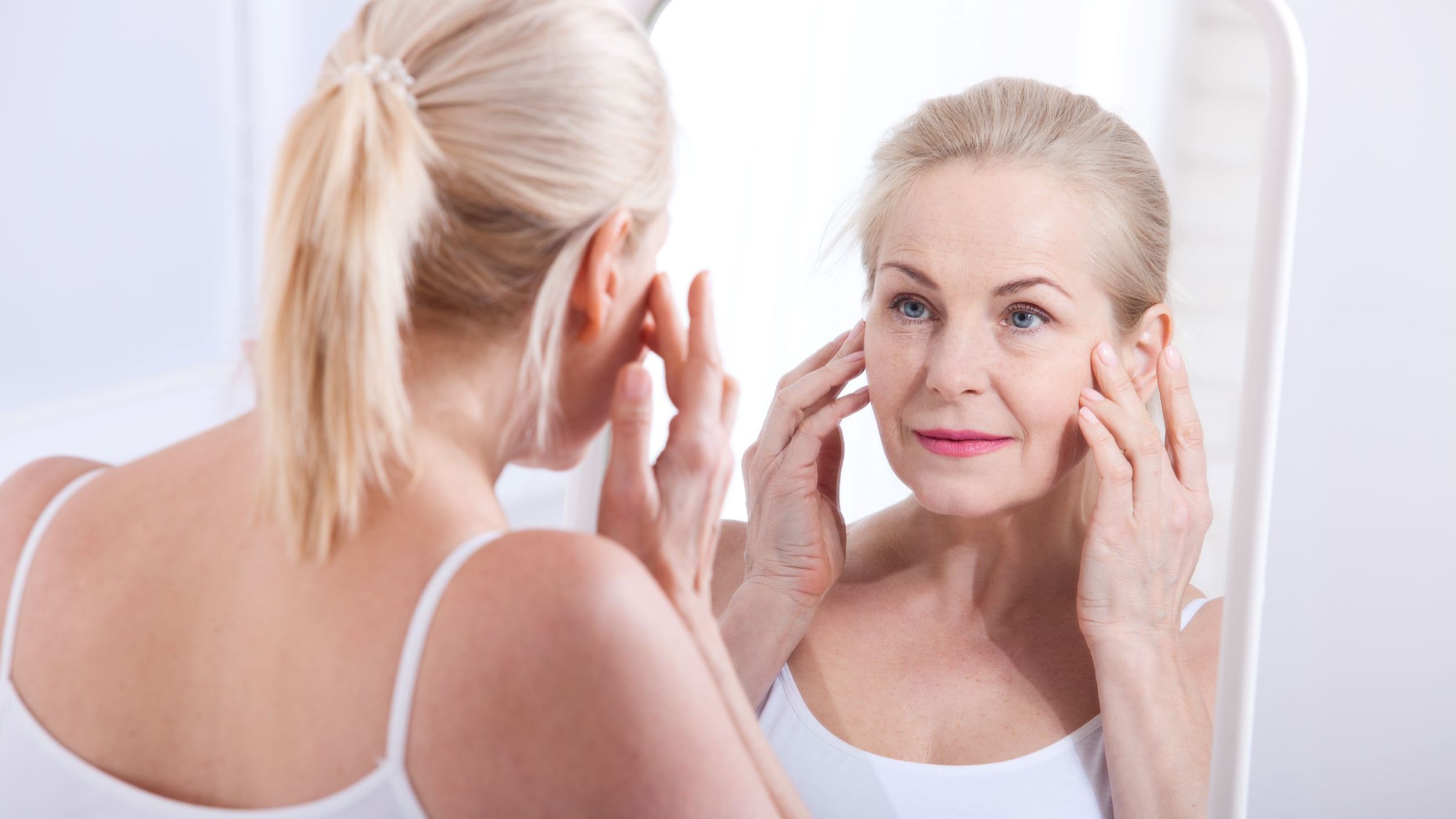
As women, we face constant scrutiny and comparison, leading us to doubt our self-worth and overlook the extraordinary beauty that resides within us...especially as we age. But today, we're embarking on a journey to change that narrative and discover the power of self-love.
Join me as we delve into ten transformative self-love practices that will help you embrace your body, celebrate your individuality, and ignite radiant confidence from within.
Breaking free of cultural expectations
It's time to break free from the chains of societal expectations and unlock the beauty that has always been yours to claim. Are you ready to embark on this liberating path of self-discovery? Let's dive in together and unleash the true essence of your being.
To foster body positivity and embrace our inherent beauty, here are ten self-love practices that can help us appreciate and accept ourselves just the way we are:
10 Self Love Practices you can use right now
- Start Your Day with Positivity: Begin...
Taking Care of You: Self-Care for Better Mental Health
May is Mental Health Month and we all know it's crucial to prioritize our mental well-being, especially as we age. Yet setting boundaries and saying no are things that we may not think of as essential parts of self-care and it can be challenging to know where to start.
In this post, I’ve created a fictitious woman who like so many of us knew instinctively that she needed some practical self-care ideas to help her prioritize her mental health.
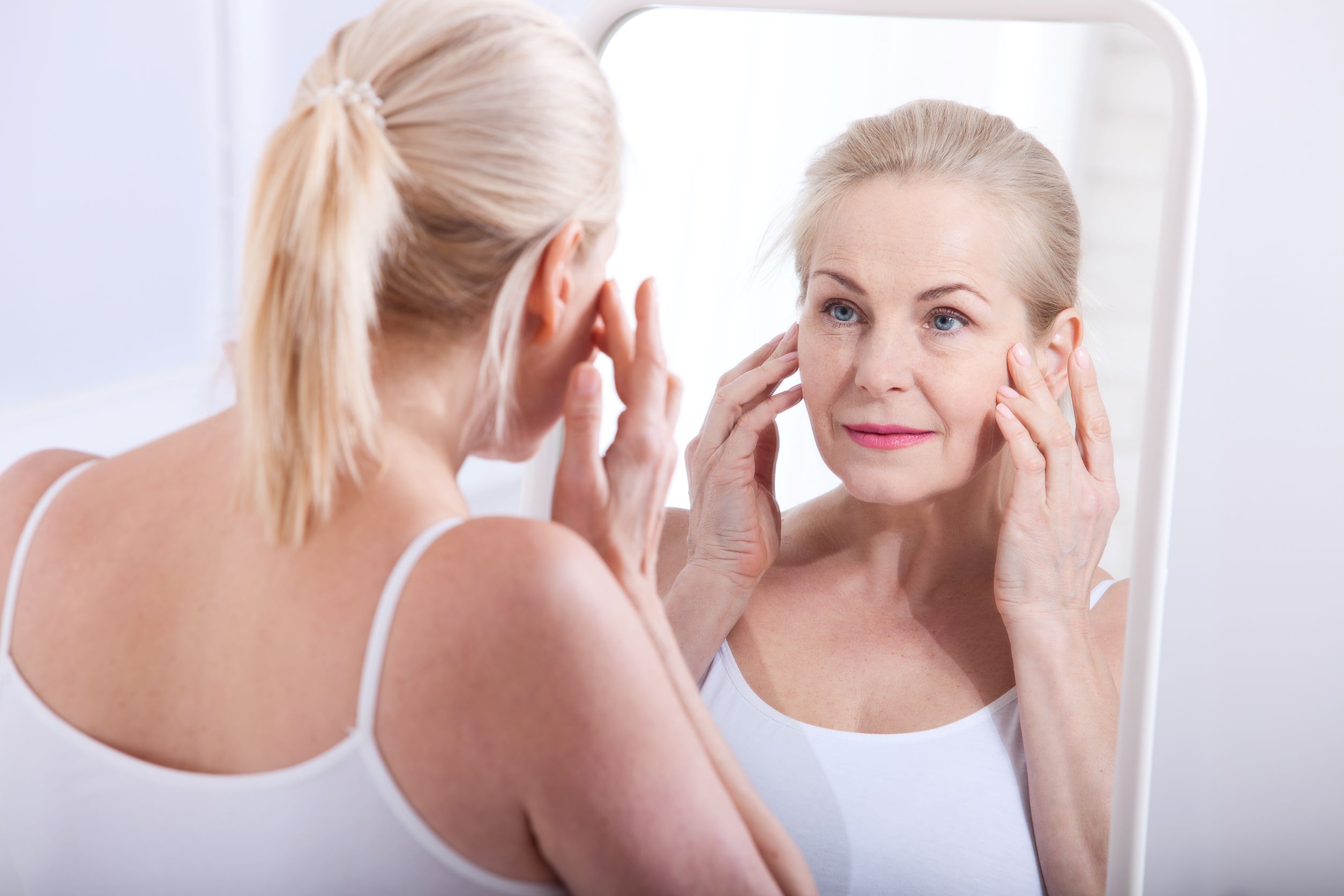
I’ve named her Effie who has the same name as my beloved maternal grandmother who never stopped giving to others. A woman whose way of living took a huge toll on her as she ended up with cancer.
Grab a cup of tea, take a deep breath, and let's get started.
The story of Effie
Once upon a time, Effie realized she needed to take better care of her mental health. She knew that setting boundaries and saying no were important pieces of taking care of herself but she wasn't sure where to start.
She heard about a small group of busy women who ...
It's time to stop fighting with your body
“And I said to my body softly, ‘I want to be your friend.’ It took a long breath and replied, ‘I have been waiting my whole life for this." Nayyirah Waheed
As women, we’re taught from a young age to be dissatisfied with our bodies. We’re expected to fit into an ideal of beauty that is impossible to achieve and have so much pressure placed upon us in today’s society because of it.
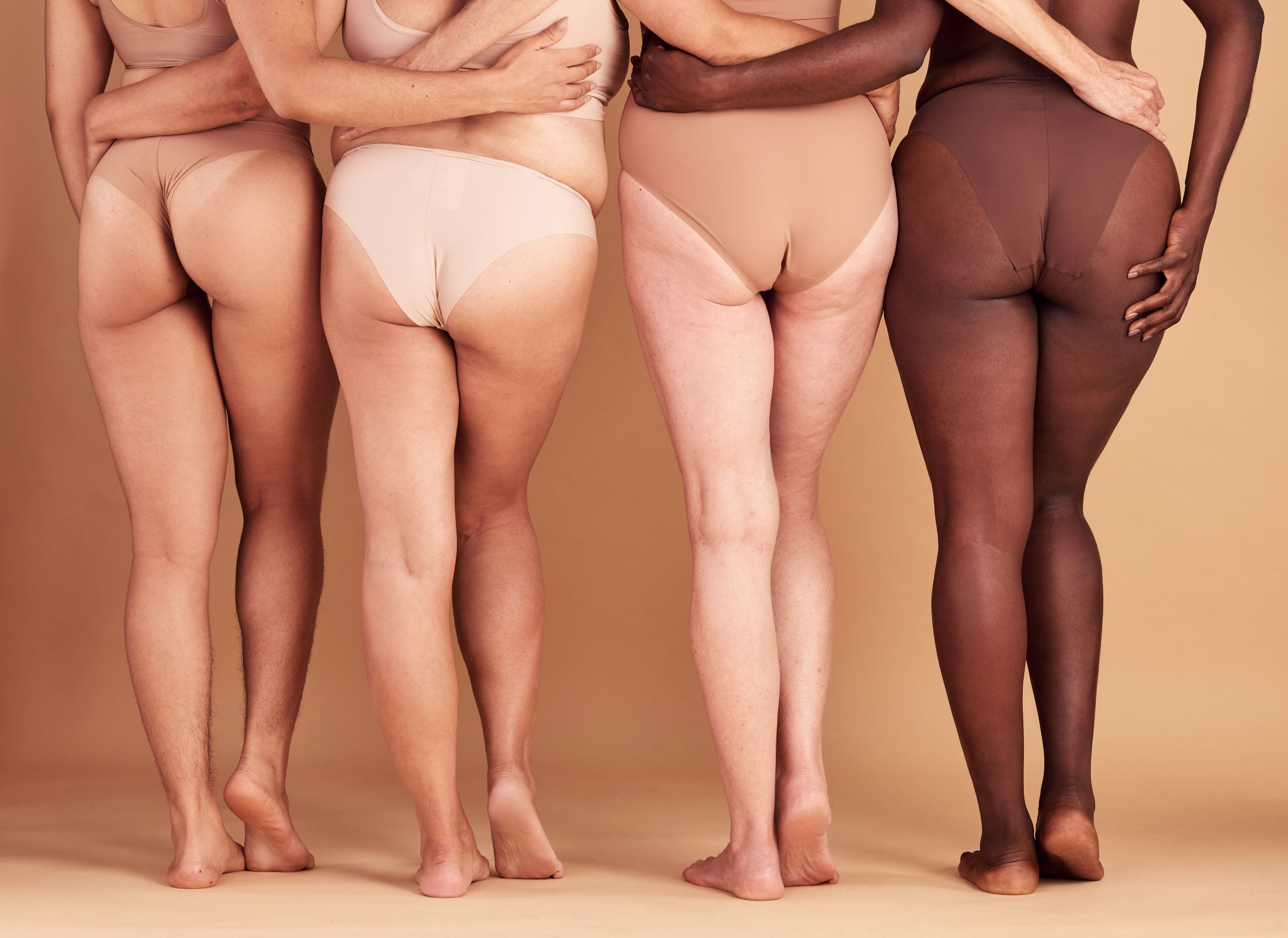
This constant battle can leave us feeling emotionally drained and exhausted…as I know all too well. But instead of continuing this vicious cycle, it's time to put down the weapons, stop fighting, and start listening to what your body has been trying to tell you all along.
My story is not that different than many of you reading this.
I think about the times I’ve been so hard on my body and how I’ve fought to stay thin because, I too, bought into the cultural expectation that thin is better.
I went on extreme diets in my 20s and 30s because I panicked after I gained 15 pounds one summer. ...
Why is self care so hard to remember?
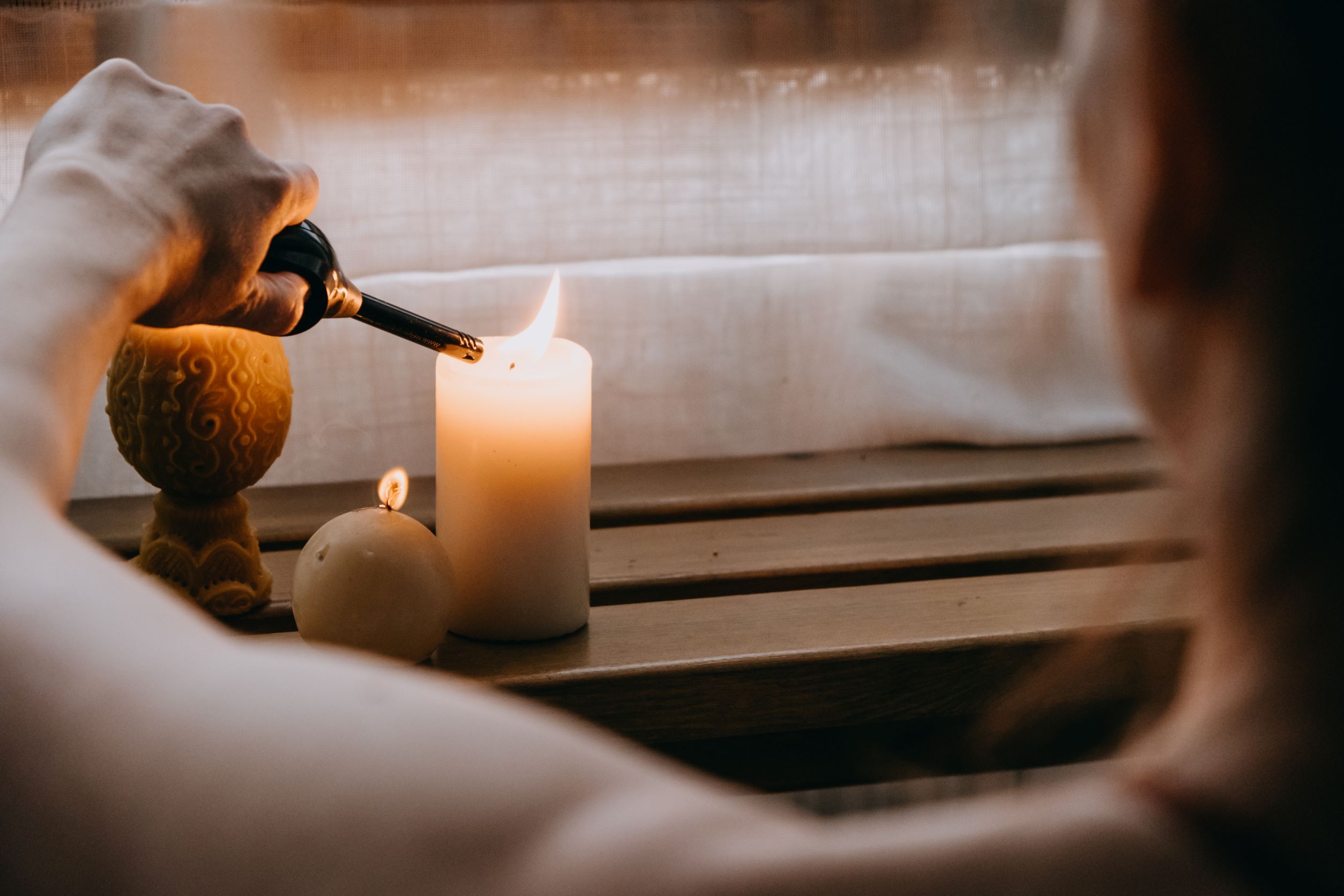 Why do we forget that self-care is the most important thing we can do for ourselves, for our sanity, our well-being, and our health?
Why do we forget that self-care is the most important thing we can do for ourselves, for our sanity, our well-being, and our health?
If it’s so important, then why aren’t we all doing everything in our power to relax, chill out, and set aside time no matter what happens?
Years ago when I was in the midst of parenting my teenage sons, I remember my coach asking me, what do you do for self-care?
It took me a few seconds to blurt out, "uh, what do you mean exactly"?
She patiently replied, "you know, how do you take care of yourself? What do you do just for yourself?"
I was totally blank.
I could not identify one thing. Because I was so busy running a household, working in a mental health clinic as well as starting my own private practice, and trying my best to be a good mom and wife.
It was a lot.
And in the process...I forgot about me.
Starting my self-care journey
So I began my journey of focusing on myself after that time. The me I didn't even know anymore.
I started ...
What’s so hard about asking for what you want or need?
Imagine this scenario: you're overwhelmed, the to-do list is a mile high and you wish someone would come to you and say “how can I help”?
But you don't really say anything. You just keep it to yourself, sometimes seething, sometimes saying it doesn’t really matter, or it’s easier and quicker to do it yourself. And you stuff your feelings. Or blow up and say things you don’t really mean.
You might hear yourself say sarcastically, "it would be nice if the people around me (spouse, kids, coworkers) would just pitch in and help."
Can you relate?
Asking for help and support when you need it
Do you even know what kind of help you need?
There are tons of people, especially women, who aren’t asking for what they want or need.
Let’s see if you can relate.
- When was the last time you wanted something but you didn’t ask for it?
- How many times a day do you ask for help?
- Are you trying to do everything on your own?
Here's the truth:
People can't read your mind.
So why d...
How to be kind to yourself: Self-Compassion
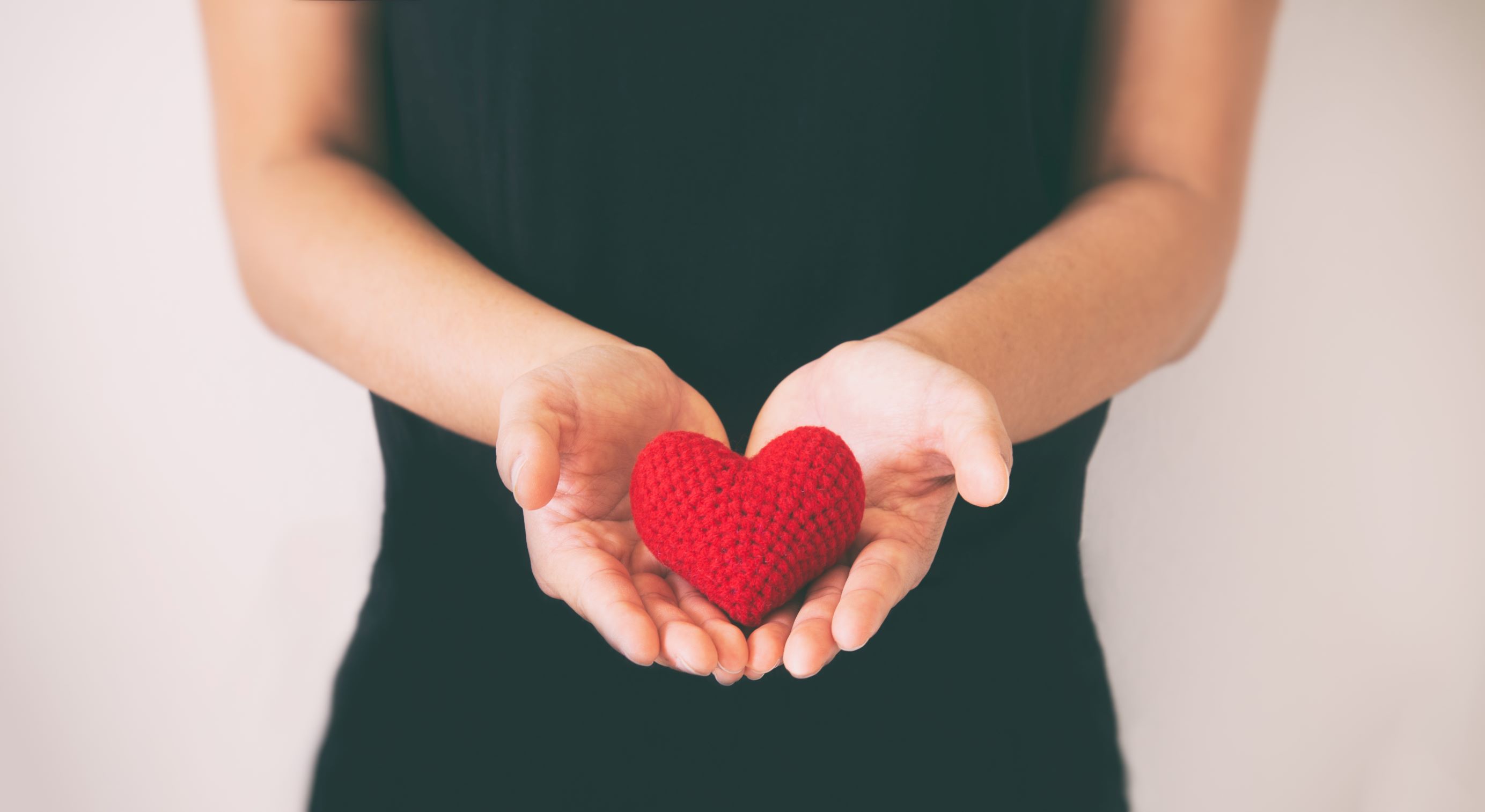 It might surprise you to hear that one of the best ways to cultivate a hopeful, optimistic outlook is to practice some radical self-compassion.
It might surprise you to hear that one of the best ways to cultivate a hopeful, optimistic outlook is to practice some radical self-compassion.
Frequently people confuse self-compassion with self-indulgence or even selfishness. But being kind to yourself is just as important as being kind to others, if not more so.
Self-Compassion Makes You More Optimistic
Being kind to yourself means you can stop that vicious cycle of self-blame and recrimination. It prevents you from ruminating on past mistakes and builds your resilience and confidence so you can pick yourself up and get back on track.
When you are kind and encouraging to yourself, your anxiety levels drop, your mood lifts, and you become more optimistic and hopeful about the future.
Cultivate Mindfulness To Be More Self-Compassionate
Perhaps the best way to start your self-compassion practice is to adopt a more mindful attitude to life. Mindfulness focuses on the acceptance of who you are, and where you are right now. With...
What your grandmother really wanted you to know but she couldn't say
I was raised by a very strong mother and an even stronger grandmother. They did everything. My mother ran a business with my father, took care of him after he had a nervous breakdown, paid the bills, and parented the kids pretty much on her own.
I don’t remember seeing her take a break except when she worked in our backyard, growing flowers or planting cuttings from someone else’s garden. She was ALWAYS busy.
Her mother, my grandmother, was equally busy but she had a different style.
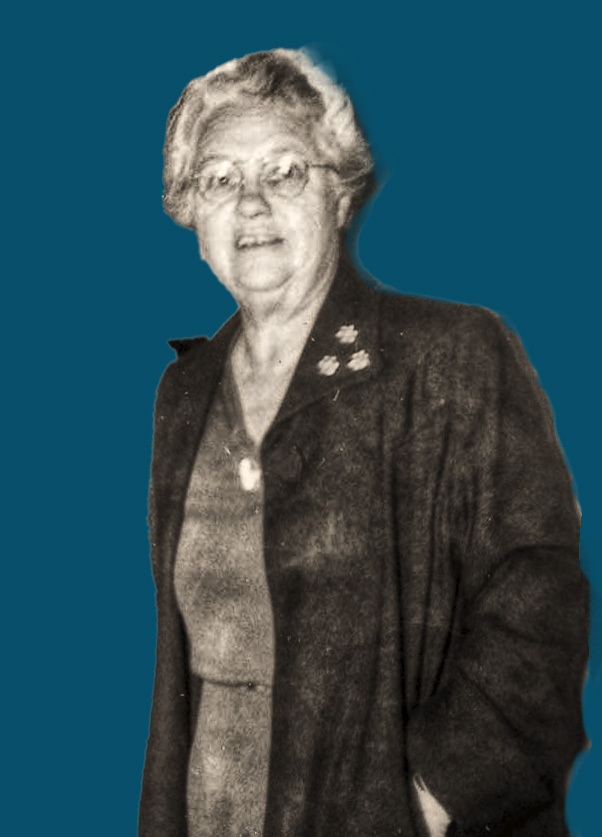
As a farmer's wife, "MaMa,"(as we lovingly called her) milked the cow, churned butter, washed clothes for our family, prepared special meals for my grandfather, and always baked a cake on the weekend for Sunday "dinner" as well as cooking a huge spread for the whole family.
In addition to each full day, she would drive over to her sister-in-law's house. Aunt Angie was bedridden with rheumatoid arthritis and MaMa would drive to her house to take her a meal, cut her hair, visit with her and cheer h...
Blind spots that you need to know are impacting your self-care
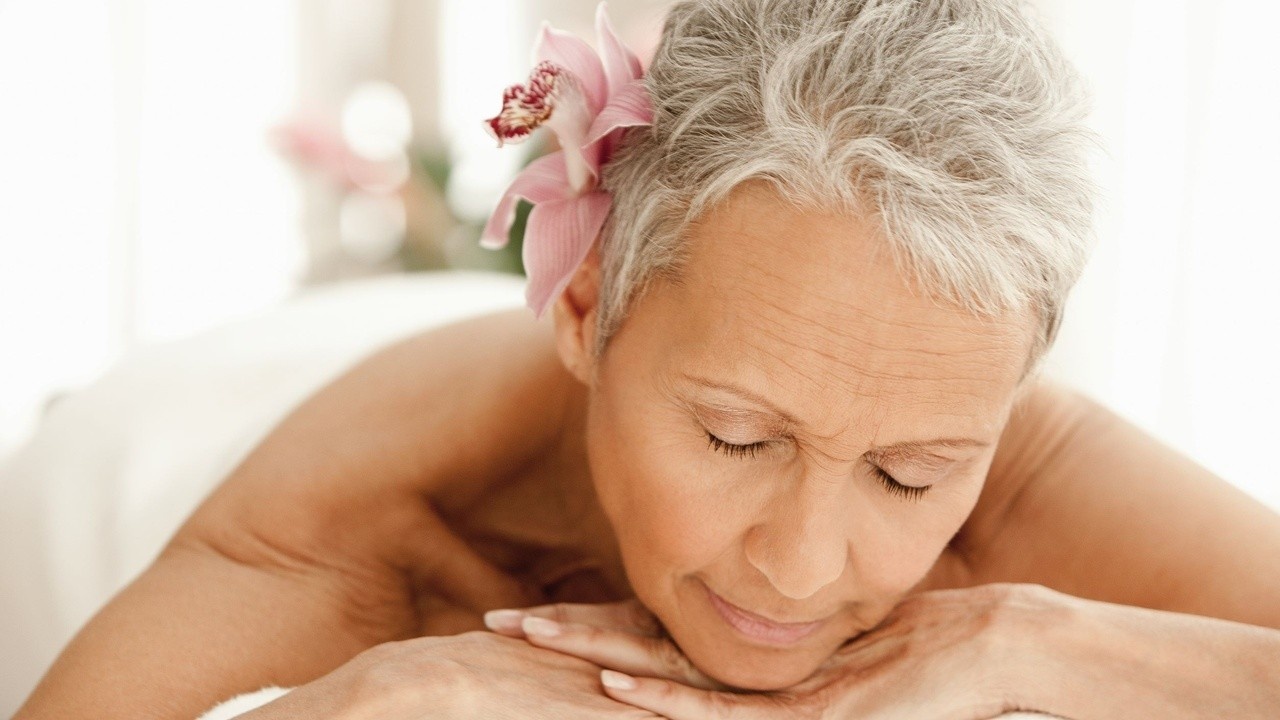
When it comes to working on self-care, all of us have different aspects of ourselves that we aren’t fully aware of. It could be personality traits, feelings, or actions.
These blind spots can really hamper our self-care efforts. This is why it's so important to become fully aware of them. Let's look at some of the most common blind spots you may discover with making sure your self-care is in place.
You avoid conflict
A lot of people hate conflict, but sometimes it's needed to resolve situations. If you tend to avoid conflict, it means you’ll often do or say things you don’t necessarily agree with. This is a common blind spot that can really derail your self-care efforts.
The trouble is, when you give in to others just to avoid conflict, it reduces your credibility. You’ll also find you are frequently miserable due to not standing firm in your own beliefs and values. So, if your blind spot is avoiding conflict, it’s important to address it.
Not letting negative people go

Do yo...
Big Signs You Need To Make Changes
If you’re struggling to make healthier changes in your life, it could be that you’re not convinced a change is needed. Many of us are also great at avoiding change. It tends to be something we dread, rather than look forward to.

However, if you want to live your best life, it’s imperative you recognize when a change is needed. So, how exactly can you recognize that change is needed in your life? Below, you’ll discover some of the common signs to look out for.
You feel lost or stuck in life
Do you feel like you’re stuck in a rut and you’ve lost your purpose? This is a sure sign that a change is needed. Everyone has a purpose, but it isn’t always easy to identify it. Also, your purpose can change as you get older and go through life’s experiences. So, if you feel like your life isn’t your own anymore, it’s time to make a change.
Your mood is consistently flat
Another sign change is needed is if you find your mood is constantly flat. It could be you don’t really enjoy anything an...




